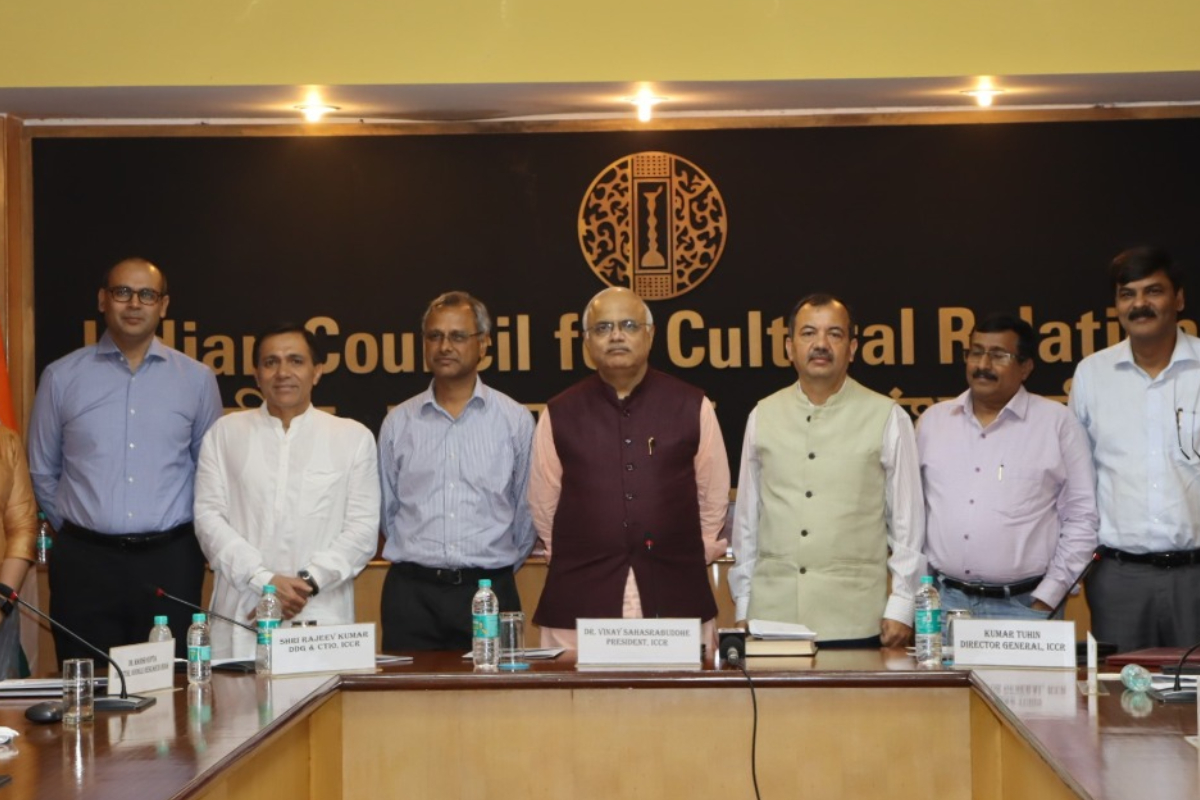Very soon one can easily translate texts in Sanskrit into many languages, perhaps making the process of understanding many of our ancient texts easier for the common people.
Recognising the importance of promotion of Indic languages, including Sanskrit, globally, and appreciating the role of technology in such promotional efforts, the Indian Council for Cultural Relations (ICCR) and Google have signed a Memorandum of Understanding to collaborate and help improve Google’s provision of Artificial Intelligence or Machine Learning language technology for the translation of Sanskrit text to various other languages and vice versa.
The MOU was signed by the director general (DG), Indian Council for Cultural Relations (ICCR), Kumar Tuhin and the senior vice president (SVP) and Business Head for Google, Philipp Schindler. ICCR president, Dr Vinay Sahasrabuddhe, was also present on the occasion.
Under this collaboration, the ICCR would provide Google with authentic sentences in three languages: English, Hindi and Sanskrit and vice versa which would cover sentences and words closely related to Indian culture and the various aspects of its cultural and literary heritage.
It is estimated that Sanskrit is the number one most requested language by Google Translate. With this collaboration with Google, the ICCR furthers their mandate to help extend Indian languages to more people across India and the world.
In the pilot phase of the project, the ICCR has already provided 100,000 sentence pairs to Google to train their AI and ML models. The raw data was prepared and collated by ICCR with the assistance of the Sanskrit Team consisting of scholars, students and teachers from the University of Delhi headed by Prof. Amarjiva Lochan.
The raw data sets provided to Google will be used to incrementally train the machine learning model, which we hope will improve Google’s translation quality of the Sanskrit language.
The ICCR views Google’s ability to provide Sanskrit language capabilities as an important tenet in expanding India’s cultural awareness. The discussion with Google was led by Rajeev Kumar, the deputy director general (DDG) and chief technology and information officer (CTIO) of ICCR.









